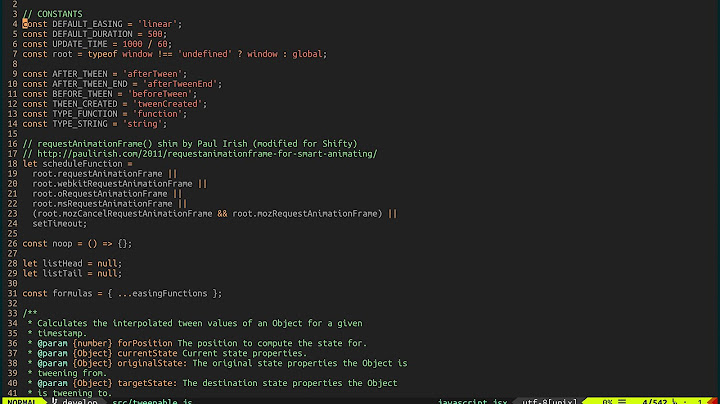vim search wildcard match first occurrence
Solution 1
You can use:
rel=".\{-}"
\{-} is used for non-greedy match in VIM
Solution 2
Try [^"] instead of .. The latter is "greedy" and will match as many characters as possible.
The [d-r13579] in regexps is used to match "character classes": in this case any small case letter in the range from d to r or an odd digit. If you start the class with a ^ then it negates the meaning.
Thus [^"] means a character except a double quote, and "[^"]*" means two double quotes with any number of arbitrary characters between them, except double quotes.
Solution 3
By default regex matchers are greedy.
s/rel=".\{-}"/aaaaaaa/
works for me
{-} means short circuit the expression to match the shortest pattern.
Related videos on Youtube
mazlix
Updated on May 31, 2022Comments
-
mazlix almost 2 years
I have a file that
<a href="blah.com" rel="blahblah" style="textdecoration:none;">blah</a>I want to match
rel="blahblah"but when i do
\rel=".*"it matchesrel="blahblah" style="textdecoration:none;"I have tried
rel=".*\{-\}"but that gives an errornested \{ -
mazlix almost 13 yearscould you expand on that? I tried
/rel="[^"]and that just returnedrel="b -
mazlix almost 13 yearsit says pattern not found and if i escape the ?
:/rel=".*\?"it saysNested \? -
Peter Tillemans almost 13 yearsmy apologies, I used the perl syntax first before I realised vi uses another syntax. I learned again something new, thanks
-
bandi almost 13 years@mazlix I meant
/rel="[^"]*". You need the asterisk to match everything in the quotes. -
mazlix almost 13 yearsoh.. so what's the
[^"]do exactly?.. i thought the"in there was to represent the fact that i'm looking for a closing" -
bandi almost 13 years@mazlix I added the explanation to the answer.
-
jtony almost 4 yearsThis is super useful when I don't want to match the longest string but the first one. Thansk a bunch!









